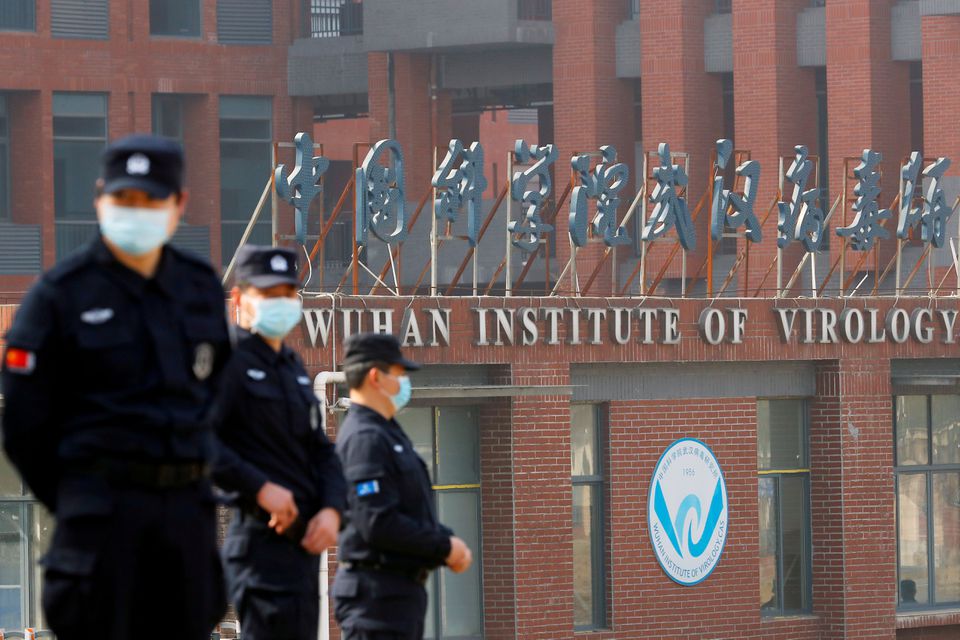Virendra Pandit
New Delhi: Wuhan haunts China again, and again.
The infamous city has locked down millions of people again as Covid-19 resurfaced this week in this epicenter of the pandemic in 2019. As of now, crores of Chinese are facing severest lockdowns in dozens of cities across the length and breadth of the country, disrupting its socio-economic fabric.
Within a week of getting himself ‘elected’ for a manipulated third five-year term, President Xi Jinping is now starting at a reality check: with economists forecasting a less than 5 percent growth in GDP in the next two years, China is on the brink of an economic recession.
Beijing’s economic growth outlook is darkening as economists downgraded their forecasts until at least 2024 amid China’s relentless and brutal Zero Covid policy to suppress the coronavirus, which resurfaced this week in Wuhan.
Growth is now expected to be below 5 percent for 2023 and 2024, according to media reports.
The median forecast for 2022 was lowered from 3.4 percent in the previous survey to 3.3 percent now, while they cut it from 5.1 percent to 4.9 percent for 2023 and from 5 percent to 4.8 percent in 2024.
China’s zero-tolerance policy to combating fresh Covid-19 infections remained a major drag on the world’s second-largest economy, with frequent lockdowns and regular testing making consumers wary of traveling and spending, while businesses contend with ongoing disruptions. Besides, China’s worst housing market slump on record is rippling through sectors like construction and banking.
The Chinese Communist Party (CPC)’s 20th National Congress (October 16-22) provided no clues on whether the Zero Covid policy would be abandoned. It has added to investors’ worries about China’s outlook and fueled a slump in the stock market and the yuan.
Most economists expected China to reopen its borders in the first half of next year, but a few also predicted Beijing to reopen fully only in 2024.
Nearly 60 percent of the economists saw China’s delayed reopening as the biggest threat to economic growth, with 30 percent citing the slowdown in global growth.
On inflation, economists saw weaker consumer and producer price outcomes in the fourth quarter (October-December), 2022, compared with earlier predictions. Consumer inflation will probably average 2.7 percent in the last quarter, while producer inflation will be zero, the latest forecasts show.
Economists raised their estimates for export growth slightly for the fourth quarter from 3.1 percent to 3.7 percent, while cutting their predictions for imports sharply from 2.9 percent to 0.5 percent. Retail sales are now expected to be lower from 4.8 percent to 4 percent.

